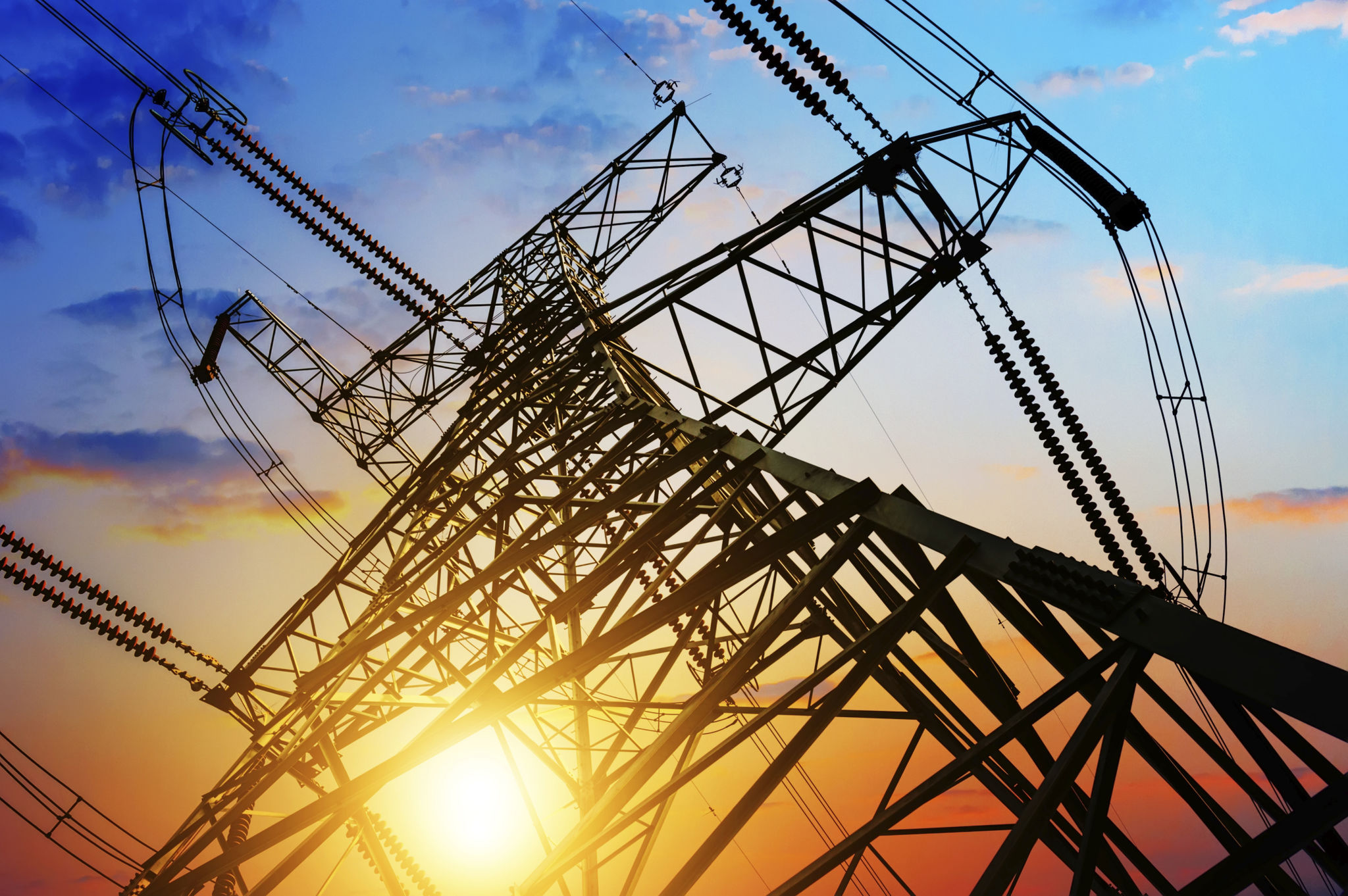Expert Tips for Managing Electrical Distribution Systems in West Bengal
Understanding the Basics of Electrical Distribution Systems
Electrical distribution systems are the backbone of modern infrastructure, ensuring that electricity is efficiently delivered from power plants to end-users. In West Bengal, where industries and residential areas are rapidly expanding, managing these systems effectively is crucial. An electrical distribution system consists of transformers, substations, and power lines that work together to provide reliable electricity.

Key Challenges in West Bengal
The state's unique geographical and climatic conditions pose significant challenges. Frequent cyclones and heavy monsoons can disrupt power lines and cause outages. Additionally, the diverse topography requires specialized infrastructure to ensure consistent power supply across urban and rural areas. Addressing these challenges involves strategic planning and continuous system upgrades.
Infrastructure Maintenance
Regular maintenance of infrastructure is essential to prevent unexpected failures. This includes routine inspections of transformers and substations, as well as timely repairs of damaged power lines. Engaging skilled personnel for such tasks ensures that the electrical distribution system remains robust and functional.

Technological Advancements
Incorporating modern technology can significantly enhance the efficiency and reliability of electrical distribution systems. Smart grids, for example, allow for real-time monitoring and management of power flow, helping to quickly identify and resolve issues. Implementing such technologies in West Bengal could lead to more sustainable energy distribution.
Renewable Energy Integration
West Bengal is increasingly adopting renewable energy sources like solar and wind. Integrating these into the existing electrical distribution system requires careful planning and investment. By doing so, the state can reduce its reliance on fossil fuels and move towards a greener future.

Effective Load Management
Load management is critical in preventing overloading and ensuring energy efficiency. By analyzing consumption patterns, utilities can adjust the distribution of electricity to meet demand without straining resources. In West Bengal, this involves understanding both urban and rural energy needs and adapting strategies accordingly.
Training and Skill Development
A skilled workforce is pivotal for managing complex electrical systems. Providing ongoing training and development opportunities for engineers and technicians ensures they are equipped with the latest knowledge and skills. This investment in human resources ultimately leads to better system management and fewer outages.

Community Engagement and Awareness
Engaging local communities in energy conservation efforts is vital. Conducting awareness programs about efficient energy use can lead to reduced consumption and lower stress on the distribution system. Involving residents in such initiatives fosters a culture of sustainability in West Bengal.
Future Prospects
As West Bengal continues to grow, so does the demand for electricity. Looking ahead, it is crucial to focus on expanding capacity while maintaining efficiency and reliability. By adopting innovative solutions and fostering collaboration among stakeholders, the state can ensure a stable and sustainable electrical distribution system for future generations.
